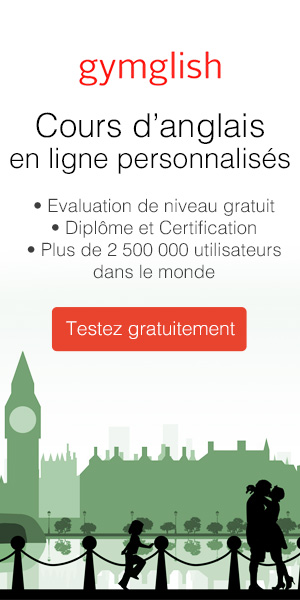Exercice pronom personnel anglais à imprimer
Les pronoms personnels anglais: exercices (I, he, she, him, her, us…).
Pour télécharger et imprimer cette page d’ exercice en PDF gratuit, cliquez-ici !
Les corrections se trouvent en bas de page.
Exercice
Choisissez le bon pronom personnel (il y a plusieurs réponses possibles):
1. Tom is in the soccer team. is a good bowler.
2. Samantha is learning japanese. practices every day.
3. Brad and Arnold are good friends. go to school together.
4. are on holidays.
5. are a big family: I have ten cousins!
6. During my vacation, katy send a letter.
7. Carla tried the blue and the red dress. likes both of .
8. Before, Ron didn’t like my friends. Now likes .
9. Linda forgot the bike near house.
10. They are always lying. I need to stop listening to .
